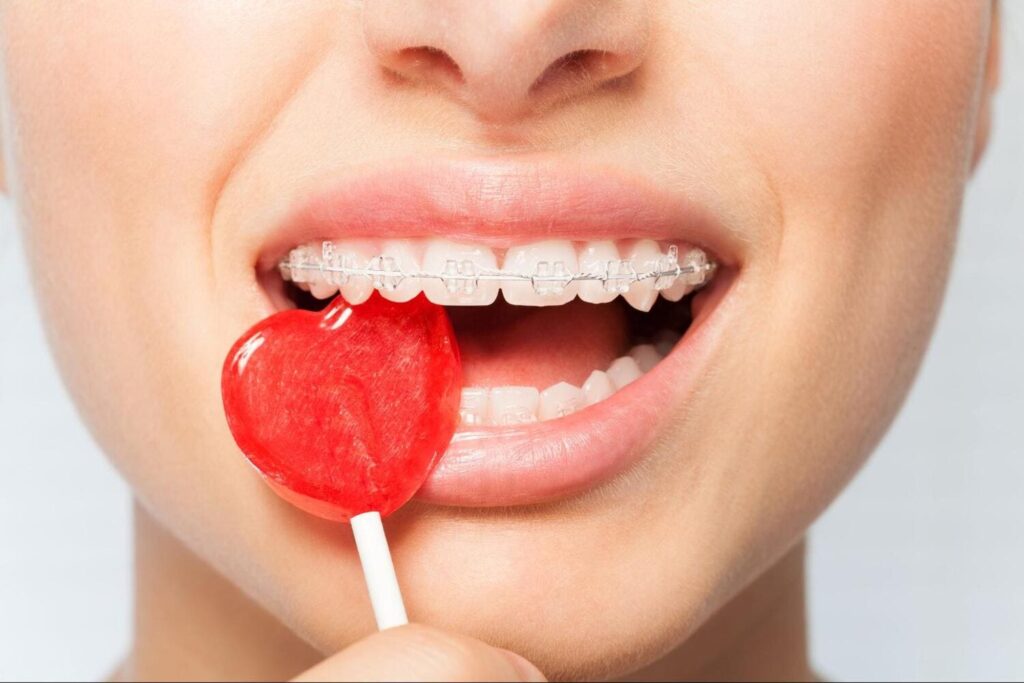Braces pain catches many people off guard. The tight pressure, sore gums, and irritated cheeks can turn a simple meal or conversation into a challenge. While the discomfort may feel frustrating, it’s often a sign that your teeth are moving into better alignment. This blog breaks down what kind of pain is normal and offers simple ways to deal with it, so you can focus less on the ache and more on the results.
What Causes Braces Pain?
Braces work by applying consistent pressure to guide your teeth into proper alignment. This pressure affects the tooth roots and surrounding bone, which leads to soreness and other temporary discomforts.
Types of Discomfort You Might Feel
Mild to moderate soreness is expected and usually includes:
- Tightness or Pressure: Common after braces are first applied or adjusted.
- Tooth Sensitivity: Teeth can feel tender while chewing.
- Irritation: Brackets and wires may rub against the lips and cheeks.
- Jaw Tension: Your jaw might feel tired or sore as your bite shifts.
These symptoms often peak within the first 48 hours and improve over the next few days.
What’s Normal and What’s Not
Pain after getting braces or having them adjusted is a normal part of treatment. However, not all discomfort should be ignored.
What You Can Expect
- Aching teeth or sore gums
- Sensitivity while eating
- Slight headaches
- Irritated soft tissues
These should last about three to five days and gradually fade.
When to Be Concerned
Contact your orthodontist if you notice:
- Sharp or stabbing pain: Could be caused by a loose wire poking soft tissues.
- Ongoing swelling or bleeding: Might indicate poor oral hygiene or gum issues.
- Broken brackets or wires: These often cause extra pain and need repair.
- Pain lasting over a week: This could signal a problem that needs attention.
How to Manage Braces Pain at Home
There are simple ways to relieve braces pain without needing special treatment.
Use Orthodontic Wax
Apply wax to brackets or wires that rub against your lips or cheeks. It helps reduce friction and protects the skin.
Take Over-the-Counter Pain Medicine
Ibuprofen or acetaminophen can reduce soreness, especially after an adjustment. Always follow proper dosage instructions.
Stick to Soft Foods
Avoid tough or crunchy foods during painful periods. Instead, go for:
- Mashed potatoes
- Smoothies
- Oatmeal
- Scrambled eggs
- Yogurt
These foods don’t strain your teeth and are easier to chew.
Rinse With Salt Water
A warm salt water rinse can ease gum irritation and promote healing. Mix half a teaspoon of salt in a glass of warm water and swish it around your mouth for 30 seconds.
Use a Cold Compress
Hold a cold pack against the outside of your mouth to numb soreness and reduce swelling.
Keep Your Teeth Clean
Gently brush using a soft toothbrush. Use orthodontic floss or a water flosser to clean around brackets without irritating sore areas.
How Braces Pain Changes Over Time

Discomfort usually follows a pattern:
- After initial placement
- Following regular adjustments
- During periods of faster tooth movement, like growth spurts
Your mouth adapts over time, and each adjustment tends to hurt less than the last. The soreness becomes less intense as your teeth begin to settle.
Lingering Soreness Is Normal
Even when you’re used to braces, certain foods or tight adjustments can cause new discomfort. Continue using wax, cold compresses, and pain relievers when needed.
When to Contact Your Orthodontist Brunswick, Ohio
If pain gets worse instead of better, it’s time to check in with your orthodontist. Call your provider if:
- A wire or bracket is broken
- You can’t sleep or eat due to pain
- Sores or irritation don’t heal within a week
- Your bite feels severely off after an adjustment
Prompt care prevents issues from getting worse.
Tips to Avoid Braces Pain in the Future
While some discomfort is unavoidable, you can reduce your chances of it getting worse.
Don’t Skip Appointments
Missed visits can delay your progress and lead to problems that cause pain later. Consistent checkups allow your orthodontist to catch and fix small issues early.
Use the Right Dental Tools
- A soft toothbrush helps avoid gum irritation
- Special floss makes it easier to clean around brackets
- Fluoride rinses keep your teeth strong and lower the risk of pain from cavities
Avoid Problem Foods
Hard, sticky, or chewy foods can break your braces or make teeth hurt more. Cut hard foods into smaller pieces and chew slowly to avoid injury.
FAQs
Does Invisalign Brunswick treatment cause pain?
Invisalign Brunswick treatment may cause mild pressure during the first few days of each new aligner set. Most patients find it more comfortable than metal braces. The aligners are smooth and removable, making it easier to manage soreness.
Are Clear Aligners Brunswick a good choice for comfort?
Clear Aligners Brunswick are designed for a snug fit without brackets or wires. They reduce the risk of cuts or irritation inside the mouth and are often preferred by patients looking for a more comfortable alternative to traditional braces.
How long does braces pain usually last?
Braces pain often lasts three to five days after initial placement or adjustments. The soreness fades once your mouth adjusts to the pressure.
Conclusion
Braces pain is part of the process, but it shouldn’t stop you from going about your day. Most discomfort fades within a few days, especially if you stick with soft foods, rinse with salt water, and use orthodontic wax.
Get Trusted Orthodontic Care at Brunswick Orthodontics
Braces pain doesn’t have to feel overwhelming when you’re in the right hands. At Brunswick Orthodontics, we help patients feel comfortable through every stage of their treatment. Dr. Zachary Lawrence and our friendly team work closely with you to create a treatment plan that fits your goals and keeps discomfort to a minimum. We offer a range of options including SimplyClear Aligners, clear ceramic braces, and metal braces in Brunswick for teens and adults.
Our office uses digital impressions, which means no goopy trays or extra pressure on sensitive teeth. We focus on creating a smooth, stress-free experience, especially during the first few weeks when soreness is most common. Patients in Brunswick, Ohio trust us for our personal care and advanced treatment methods.
Call us today to schedule a free consultation and let us help you move forward with confidence.

